Our team
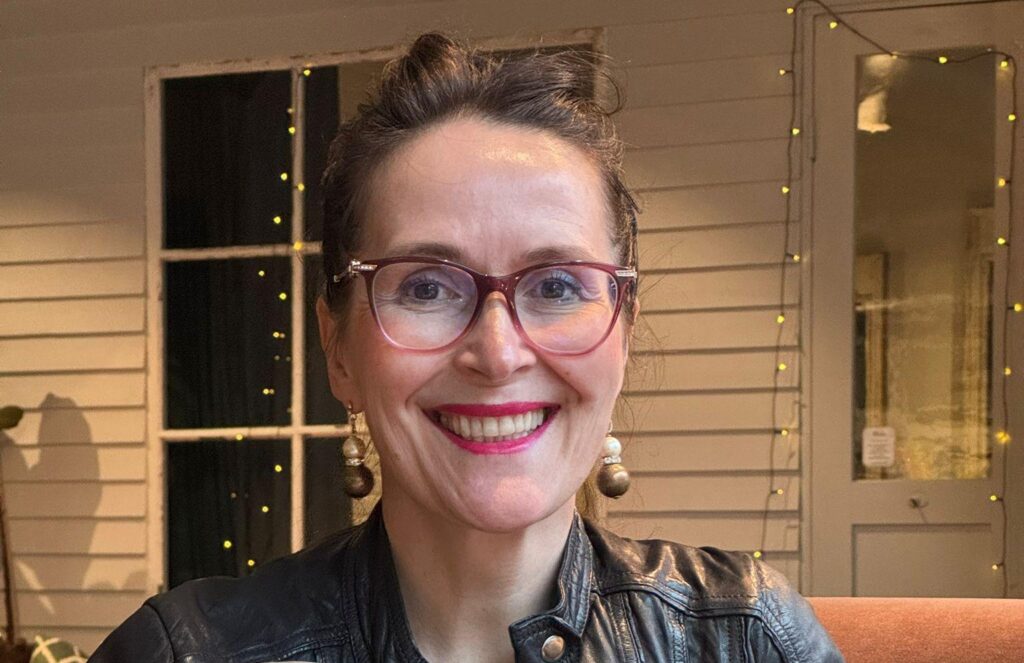
Aija Lulle
Aija is the project leader. Her interest in menopause emerged from years of dedicated research and fieldwork with middle-aged migrants. “I noticed a shift: after ten years of research and more or less regular contact with my key interlocutors, some of them, including men, suddenly began to bring up the topic of menopause in our conversations,” Aija explained. The rest, as they say, is history—two years of passionate research preparations, delving into both historical and contemporary sources, all seeking to explain menopause in often contradictory ways. Today, the future is here, embodied in our exceptional team—truly transdisciplinary, with brave hearts and minds, determined to confront gendered ageism and patriarchy, and to make a meaningful difference in our fractured world.
Contact: aija.lulle[at]uef.fi
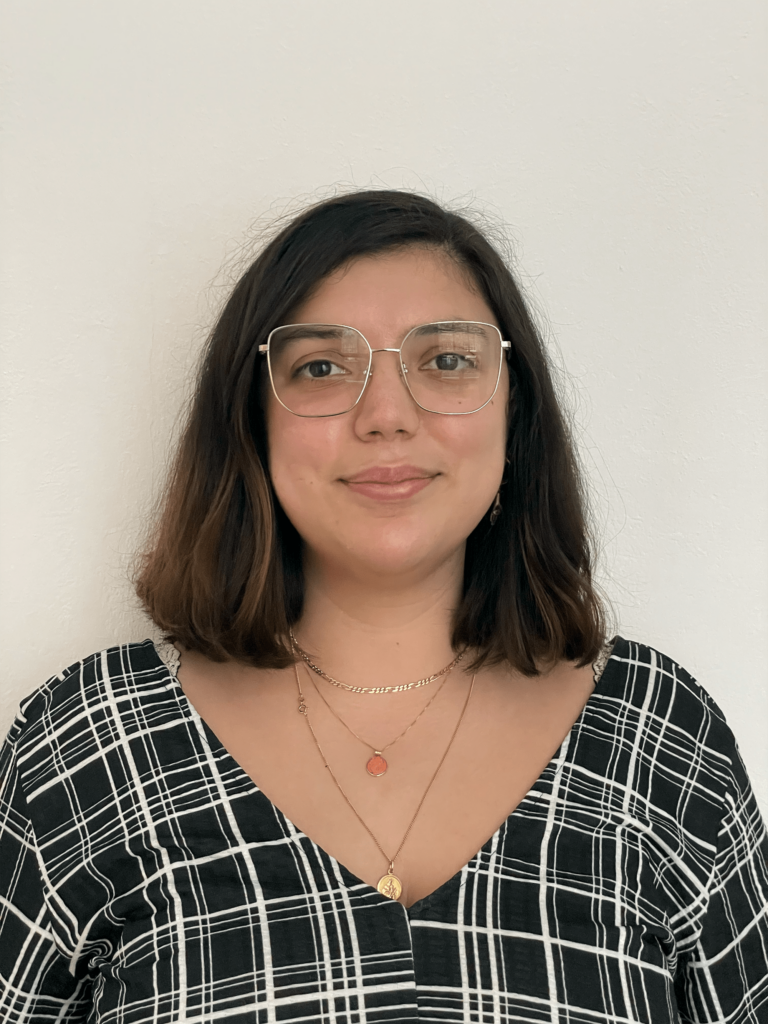
Agnese Bartolucci
Agnese joins the team as a researcher with a background in communication design and a passion for addressing gendered social issues. Her interest in menopause stems from her commitment to feminism and the societal neglect of women’s experiences. Her work has often focused on underrepresented topics, from exploring gendered violence in digital spaces during her master’s studies to her current PhD research, which reimagines digital archives through an intersectional feminist lens.
Joining this project is a natural step for Agnese, combining her expertise in visual communication with her passion for addressing systemic inequities. She looking forward to analyzing social network communities and transforming complex insights into accessible narratives.
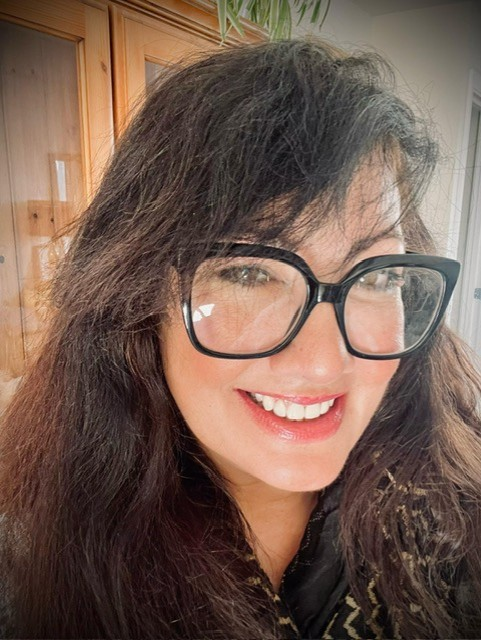
Zaina Gadema
Zaina is our UK research lead and holds a lifelong commitment to justice-based sustainability research and practice. Her departmental leadership role in EDI (equality diversity and inclusion) and postgraduate teaching on sustainable global supply chains sparked her interest in exploring menopause as a critical justice-based element of ageing and women’s health. Initial work was undertaken with a gender diverse group of international postgraduate students to examine demand and supply chain access to hormone replacement therapy (HRT) in a global context during COVID-19. This grew to include ongoing research exploring spaces and places of ‘menopausing’ and community-based activism.
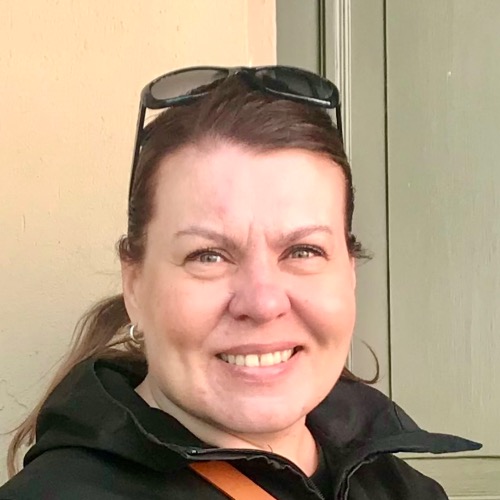
Katja Laakkonen
Katja Laakkonen earned her Doctorate in Social Sciences in 2025. Her dissertation examined the multilocal everyday lives of Finnish nurses commuting to Norway. Before embarking on her academic career, Katja worked for 20 years as a registered nurse in intensive care units and operating rooms in both Finland and Norway. Her doctoral research revealed that Finnish nurses commuting to Norway are predominantly peri-menopausal women.
Katja now works as a postdoctoral researcher in our project. In this role, she continues to investigate the transnational networks of Finnish nurses between Finland and Norway. Her research aims to deepen understanding of how these networks of highly skilled, middle-aged women function and how mobility shapes both the professional trajectories and personal lives of nurses.
Contact: katja.laakkonen[at]uef.fi

Pauliina Lukinmaa
Pauliina is a postdoctoral researcher at the School of Humanities, University of Eastern Finland. Her research focuses on the everyday practices and community-building efforts of LGBTIQ+ activists across various contexts, with an emphasis on transnational networks, cultural exchange, and identity formation. Pauliina’s ethnographic PhD research (2018–2022) examined the development of LGBTIQ+ activism in St. Petersburg during the late 2010s under an increasingly authoritarian regime. Her current project (2023–2026) explores the everyday practices, networks, and expressions of transnational solidarity among Russian-speaking LGBTIQ+ activists in the Baltic states, particularly in the wake of Russia’s full-scale war of aggression in Ukraine in 2022.
As of November 2025, Pauliina will begin working part-time and later transition to full-time on the “Menopausing: Exploring Diversity, Awareness, and Activism” project (2024–2028). Drawing on Queer and Cultural Studies, Pauliina investigates menopause activist communities and influencers in Finland who strive to advance gender and age equity both online and offline. Central to the project is the introduction of the term “menopausing,” which conceptualizes menopause as a dynamic and evolving process shaped by the interplay of lives, contexts, and language. Pauliina focuses on LGBTIQ+ individuals and their efforts to challenge traditional notions of biology and gender associated with menopause. She explores the transformative power of LGBTIQ+ menopause communities, examining how they create spaces for gender ambiguity and fluidity, encouraging a rethinking of identity, gender, and aging.
Contact: pauliina.lukinmaa[at]uef.fi
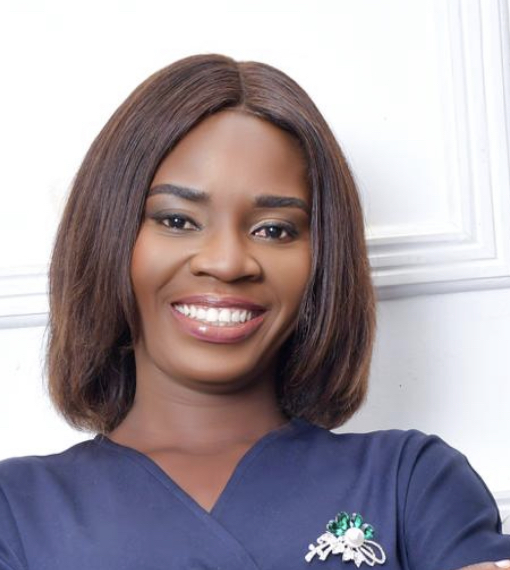
Sarah Nyarko
Sarah is a dedicated researcher with experience working on forced migrants and more specifically refugees in Ghana. Her passion for women’s health and social justice has driven her to work in the field of research on menopausing women. Her interest in menopause was sparked through an observation of women from diverse backgrounds within her community take health initiatives while navigating the menopausal phase of their lives. Sarah is particularly keen on immersing herself in analyzing both existing literature and contemporary narratives, aiming to illuminate the often-overlooked experiences of menopausal women.
As a member of this transdisciplinary team, Sarah is committed to dismantling gendered ageism and advocating for policies that support women’s health throughout their lives. Her interest in seeing a reduction in stigma associated with menopause remains the drive her for this project, as she seeks to empower women to embrace this natural phase of life with dignity and strength.
Contact: nyarko[at]ait.edu.gh

Meeri Ott
Meeri is a doctoral researcher for the project, aiming to advance critical theories of self-image and productivity by examining menopause-related cases among queer and crip communities in Finland and Estonia, including digital spaces. “Individualistic and neoliberal cultures often equate self-worth with productivity. So, what happens if you can’t or don’t want to be as productive as possible? I want to explore how menopause resonates with or challenges contemporary societal views of productivity and fulfilling life,” she talks about the inspiration behind her doctoral research.
Meeri holds a master’s degree in arts in Humanities (Folkloristics) and has previously worked with different Estonian cultural organisations. Her past work includes research on Estonian urban nightlife during the 2000s, as well as exploring personal narrative experiences of Tartu’s nightlife in the 2020s.
Contact: meeri.ott[at]uef.fi
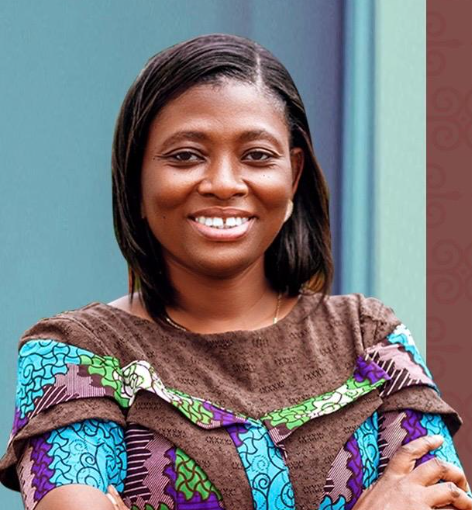
Mary Boatemaa Setrana
Prof. Mary Boatemaa Setrana is an Associate Professor at the Centre for Migration Studies, University of Ghana. She teaches and supervises graduate and post-graduate students, applying her multidisciplinary expertise in sociology, political science, linguistics, and migration. Prof. Setrana is involved in significant research projects funded by various international organizations, including the EU and IOM.
She has contributed to migration policy development in Ghana and other African nations, serving as a consultant for national migration policies in several countries. Prof. Setrana has received awards for her work, including a US Deparment of State Award in 2019. She is active in numerous migration governance advisory groups and research networks. Her research interests include Forced Displacement, Gender and Conflict Transformation, Migration Governance, and Integration. Additionally, she is keen to explore research related to menopausal issues among women, focusing on the intersection of migration and women’s health.
Prof. Setrana is committed to working with this team to address and explore menopause issues among women, particularly how migration affects their health and well-being. By examining menopause related issues, striving to positively impact policy and practice and also look at the intersection of migration, gender, and age. She aims to confront gendered ageism and advocate for better health resources for migrant women experiencing menopause.